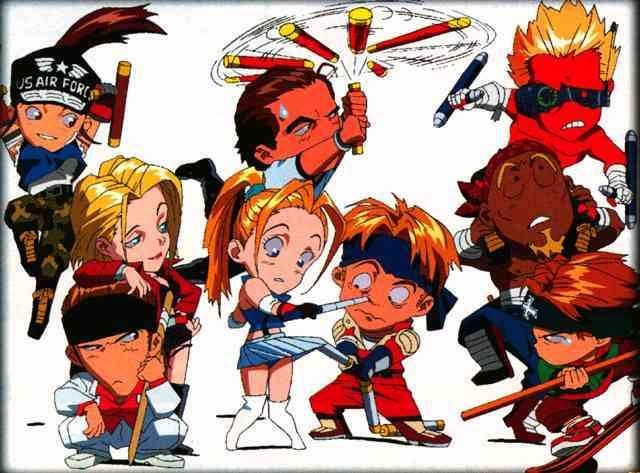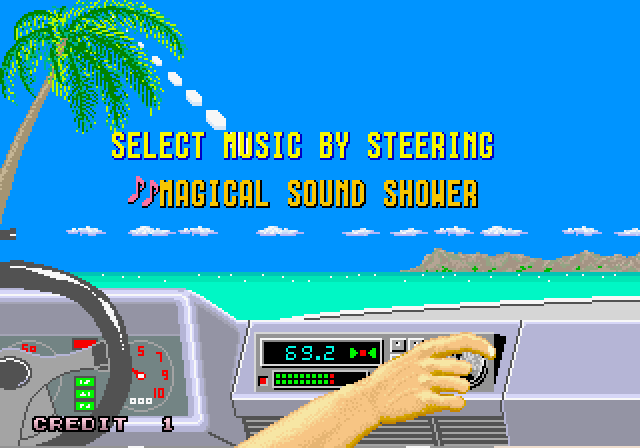I’ll be real here: I’m not a huge fan of most of Konami’s shooters, mainly because most of the stuff from the Gradius school of design punishes you harshly for any matter of mistake. I do, however, really like the Salamander/Life Force series, mainly because it doesn’t have those checkpoints placed strategically in the areas most impossible to clear when you’re powered down to nothing. (I also dig Gradius V for the same reasons.) Oh, and also because the soundtracks in them are amazing.
Gradius’s release in 1985 came at a time when sound hardware was beginning to evolve to a point where musicians could make songs that were far more musically complex than the 10-second loops ripped off of some public domain ditty. Konami was one of the leaders of this zeitgeist in the arcades alongside Namco, Sega, and Taito, and Gradius was among the first games that made people sit up and take notice of what game music could sound like. Hell, it was impressive from the point where you booted it up and waited for that bubble memory to heat up.
The musical legacy continued throughout the series and into its spin-offs, which brings us to Salamander 2, released in 1996. This was just a couple of years before Konami would begin releasing games like Beatmania and Dance Dance Revolution, and future Bemani maestro Naoki Maeda (along with arranger You Takamine) was already beginning to hone his craft in the game’s many uptempo, synth-heavy tunes. In fact, there’s one tune from Salamander 2 that I’m sure the VJ crowd knows very well, and it’s this one!
This song, “Sensation,” was remixed and later appeared in Keyboardmania 3rd Mix (and the PS2 home port, Keyboardmania II, which contains music from the arcade 2nd and 3rd Mix). This was not done by Maeda, but rather Shinji Hosoe, who has had a long and fruitful career in game music (and is one of the key figures behind game music label SuperSweep).
I’ll be honest: I don’t really like this particular remix. I know, I know, it’s sacrilege to say you don’t like a Shinji Hosoe song… or a piece of Bemani music. But something about it just feels off. Maybe it’s the different instrument samples sounding kinda weird, or maybe because it hits so many of my arranged game music pet peeves (“let’s cut out the backing instruments here, it’ll sound great!”).
But you know what? Sensation isn’t even my favorite Salamander 2 song. It’s this one, from later in the game:
It’s got that same fast tempo and heavy synth, but a very different mood to it: it feels more trepidatious, because now you’re further along in the game and shit has gotten real. If Sensation is all about “HELL YEAH LET’S KICK SOME MID-90S PRERENDERED CG ENEMY ASS,” Speed is like “Well crap, we’re really in this one for the long haul, aren’t we? Hope you’re ready.” There’s also a something kind of big and sweeping about it, especially when you hit that bridge of music before the track loops. Pretty great, if you ask me.
Naoki Maeda, like a lot of key Konami talent, is off doing other things these days: last I heard, he was at Capcom working on an arcade game called Crossbeats Rev. (I don’t remember even seeing this one on my last Japan trip, which leaves me a bit worried as to how it’s faring in the market.) Given that Konami’s keen to piss their valuable IPs away, it’s doubtful we’ll ever get any new music in this style… unless, of course, they make a Salamander pachislot. At least the sound could be nice, right?
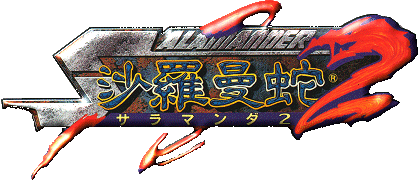
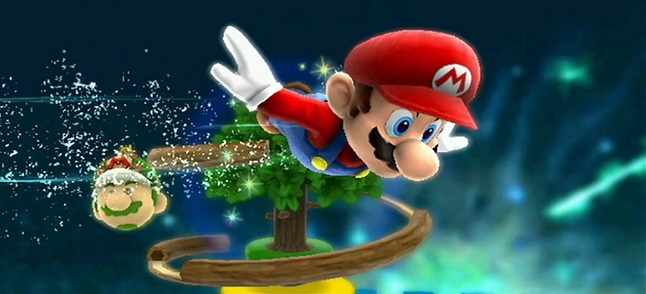
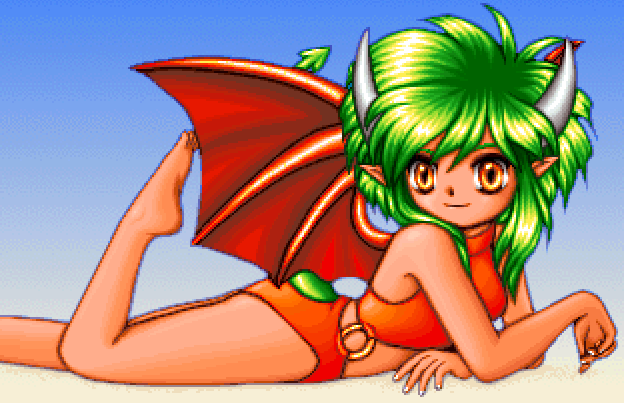
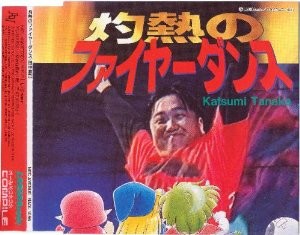

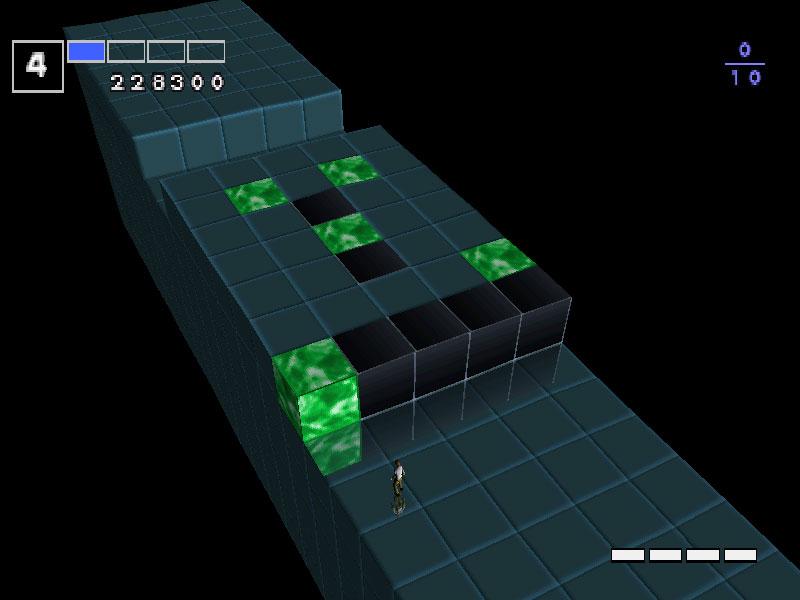
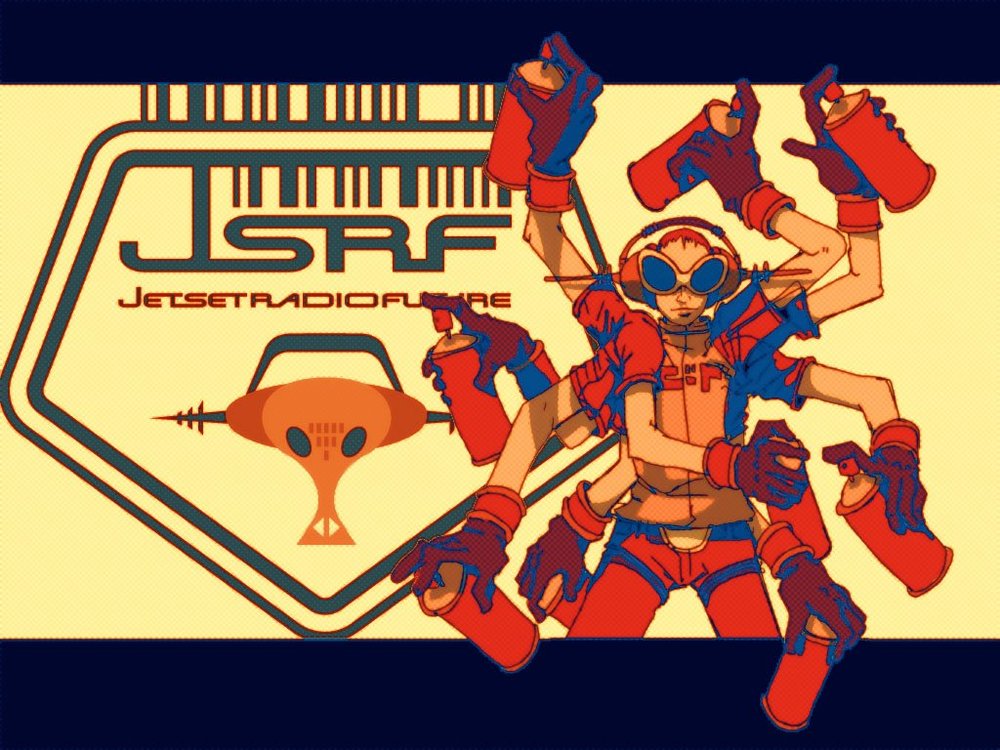
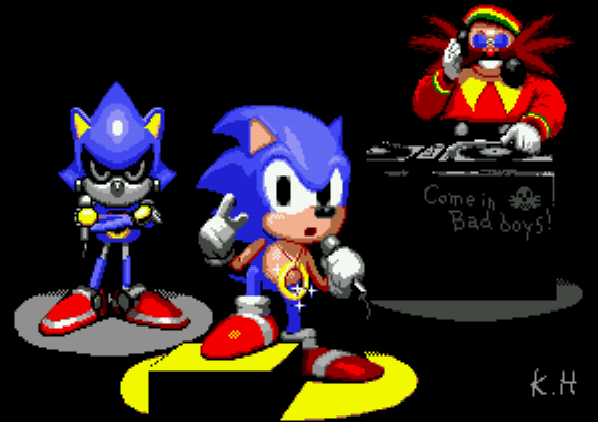
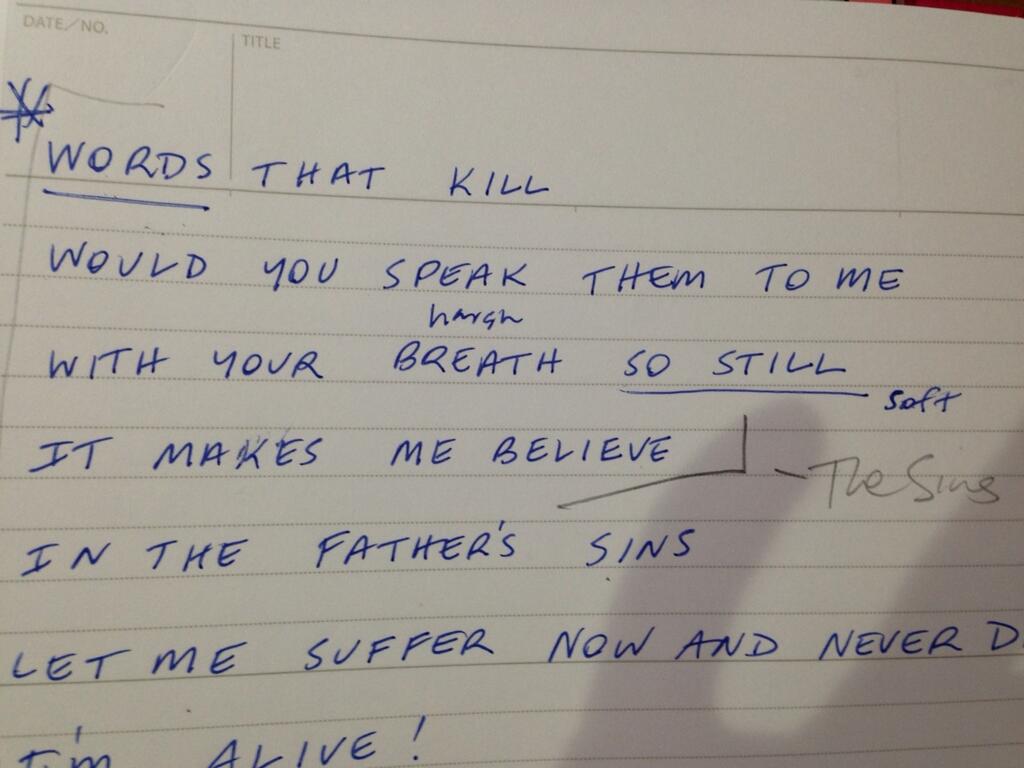
 –
–